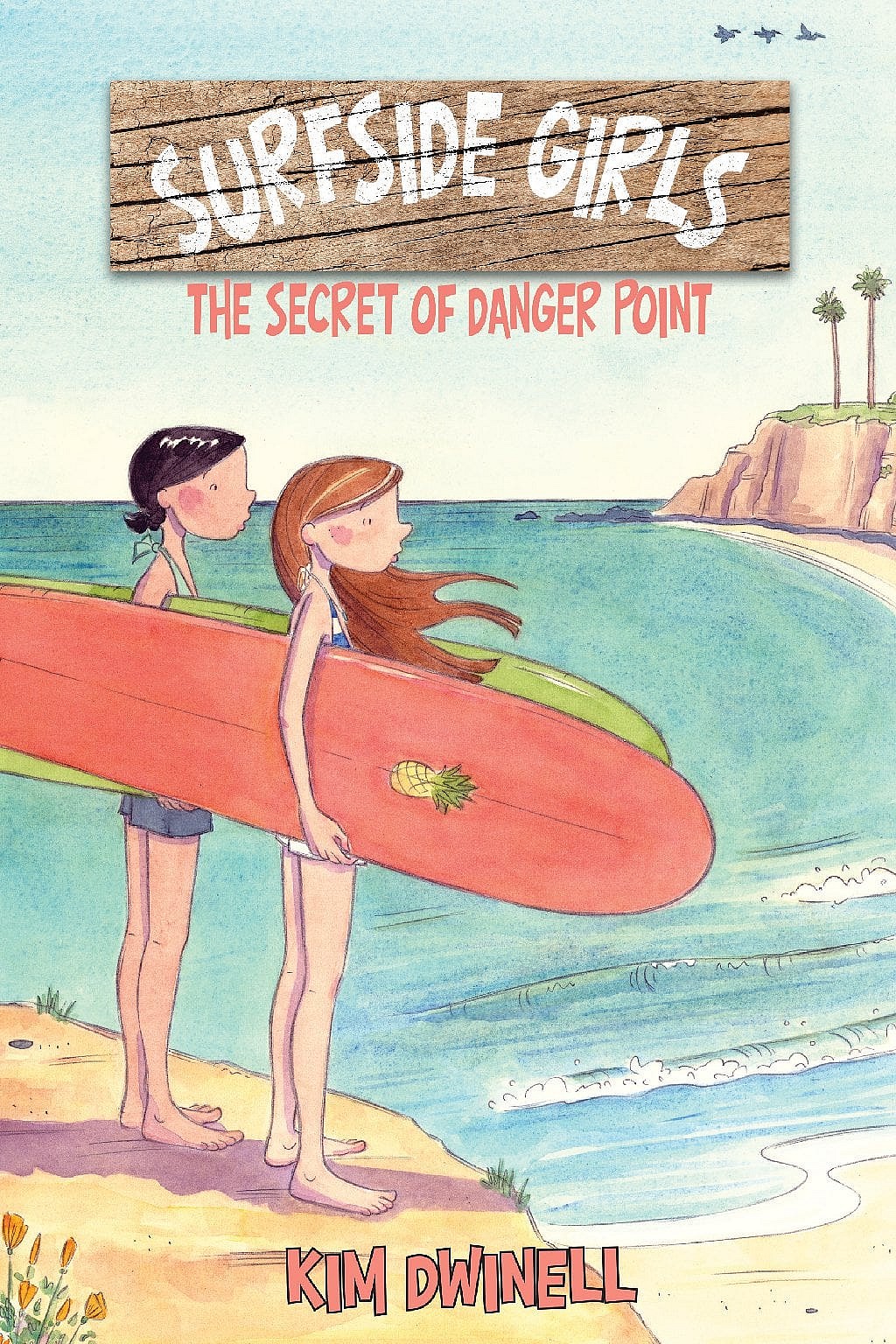Industry Trouble: IDW Publishing Reports Major Losses

The comic industry has been in a downward spiral over the last decade, with sales becoming shaky as specialty comic shops close. While Marvel and DC have big parent companies to keep them afloat, the smaller publishers are becoming more at risk to failure under the current business model.

IDW Publishing has been under intense scrutiny, especially as their company relies on expensive licenses of various properties for the majority of their comic sales. The publishing company has obtained the license to publish Dungeons & Dragons, Star Trek, Godzilla, Teenage Mutant Ninja Turtles, Sonic The Hedgehog, and many others. The expectations of sales for such big-name properties create a predicament for the company, given the current state of the industry.
On January 19th, IDW Media Holdings released its fiscal Q4 earnings for 2022 with a year-end of October 31st. In this period, IDW Publishing suffered a $1.6 million loss, which added to lesser losses in prior quarters for a total of a $1.9 million loss for the fiscal year.

This marks the second year in a row IDW Publishing has taken major losses, with a $.8 million loss reported on their 2021 financial reports. The drop is largely due to declining sales, but there was also a major increase in printing costs due to the paper shortages this year, which has been reported industry-wide.
The company seems to be kept afloat by licensing from its entertainment division, primarily derived from streaming shows of Locke and Key as well as Surfside Girls.

IDW Media Holdings CEO Allan Grafman explained, “We’re pleased to have closed out fiscal 2022 with strong fourth quarter performance, as reflected in increased revenue, enhanced operating results and improved profitability year over year. As expected, our delivery of season three of Locke & Key drove significant revenue growth in the quarter. IDW continued to make solid progress throughout fiscal 2022 and we entered fiscal 2023 with a heightened focus on leveraging our creative partnerships to maximize our library of original titles for the continued development of print as well as entertainment projects.”
He further detailed, “As we’ve previously discussed, our entertainment development pipeline is very strong and we’re excited about the strength of our slate of opportunities to bring new content to market. We currently have seven development agreements in place and many more that are in the works, and to provide some context, last year at this time we had no meaningful development deals in place, reflecting our team’s tremendous progress. That said, the development of premier entertainment content from idea to green light to delivery takes time. While we cannot predict the timing, we’re optimistic about our potential entertainment projects and the partners we’re working with, and we’re confident that IDW has some of the most compelling characters and stories available. We look forward to bringing innovative new series, feature films and podcasts to market.”

RELATED: IDW Publishing’s Jonathan H. Gray Calls Comic Fans “Racists, Homophobes, Xenophobes, and Nazis”
However, this is not enough to stave off the losses of their publishing division. Without big hits like TMNT: The Last Ronin launching like it did in 2021, IDW’s sales have been floundering. In their Q3 report, IDW reported their direct market sales were down $1.1 million.
According to their last report, IDW has about $10 million in cash, but they were already warning investors that they may need to raise another $10 million to stave off bankruptcy in the next couple of years.
With the comic book industry continually in upheaval, small companies like IDW are in dire straits. The switch from Diamond Distribution to Penguin Random House has also meant the distributor takes a bigger cut in today’s market, making it all the more difficult to make a profit.

Further rumors of IDW going bankrupt come from their CEO switch in the summer of 2022, where Alan Granfman took over for Ezra Rosensaft.
Companies like this can’t sustain heavy losses forever, and without the prospect of major investment, it appears like the company might not be long for this world. As the licensor of so many major media property licenses, it has to have its competitors foaming at the mouth to obtain some of the more interesting comic book licenses.

What do you make of IDW Publishing’s reported losses? Leave a comment below and let us know.
